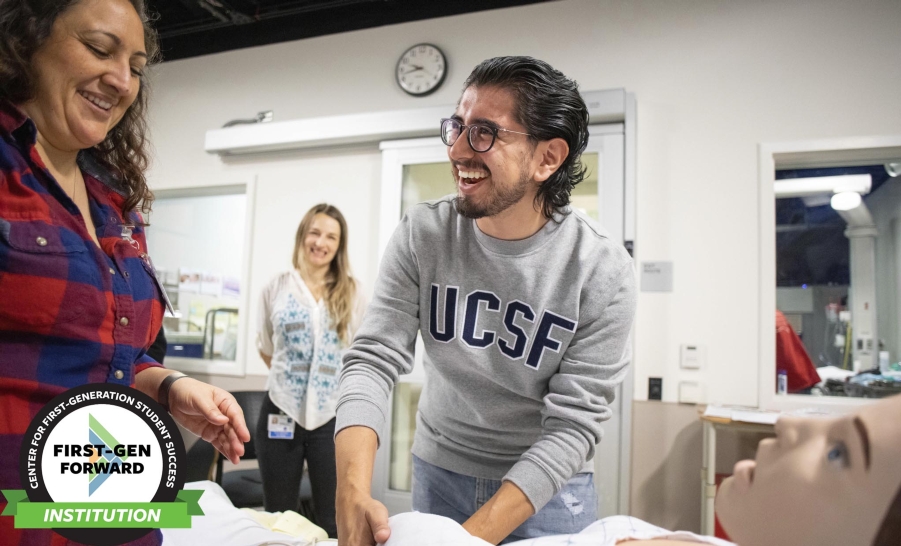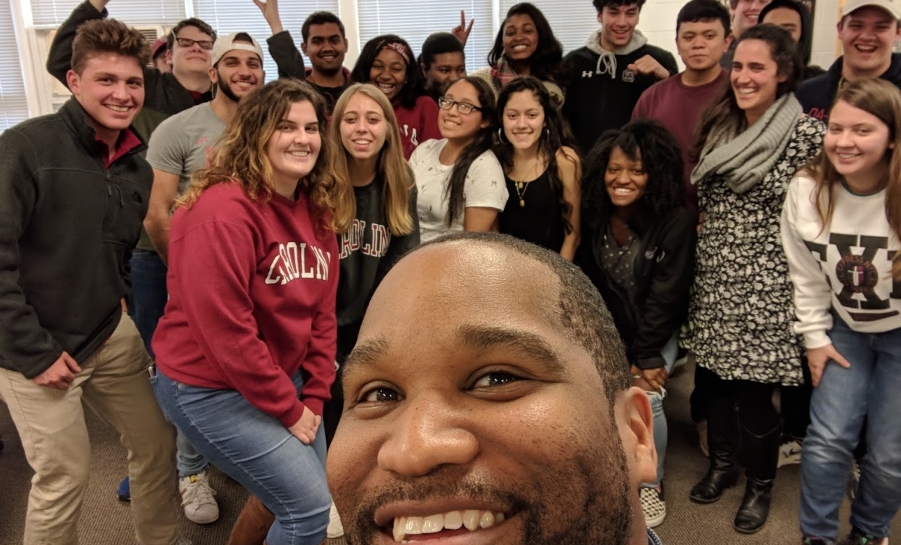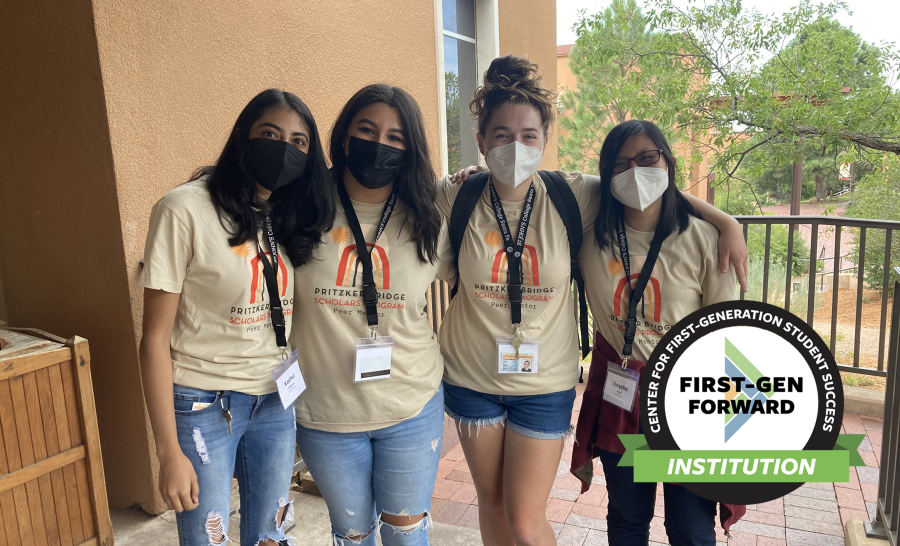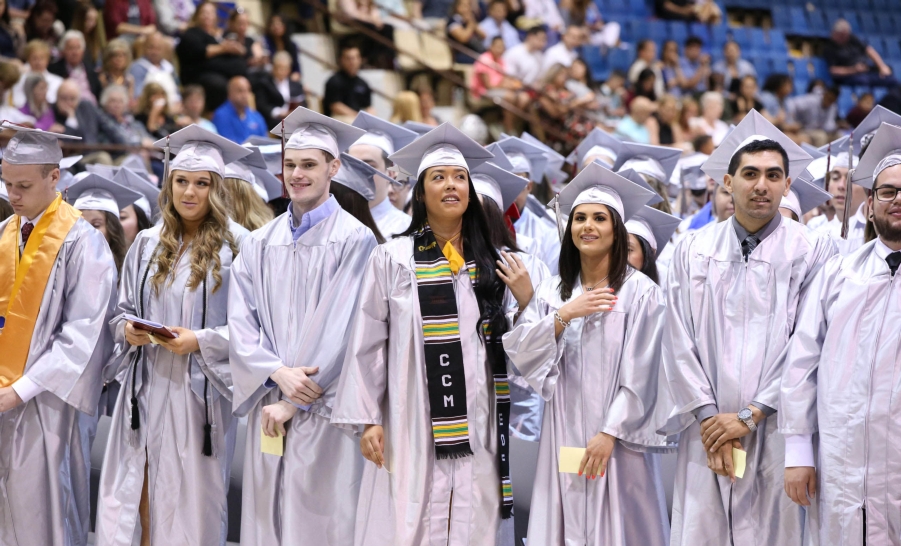Leveraging Project-Based Learning to Improve First-generation Students’ Career and Workplace Readiness
Chao Vang, Ed.D. & Maryann Wong, M.A., California State University, Sacramento / FirstGen Forward / October 07, 2020
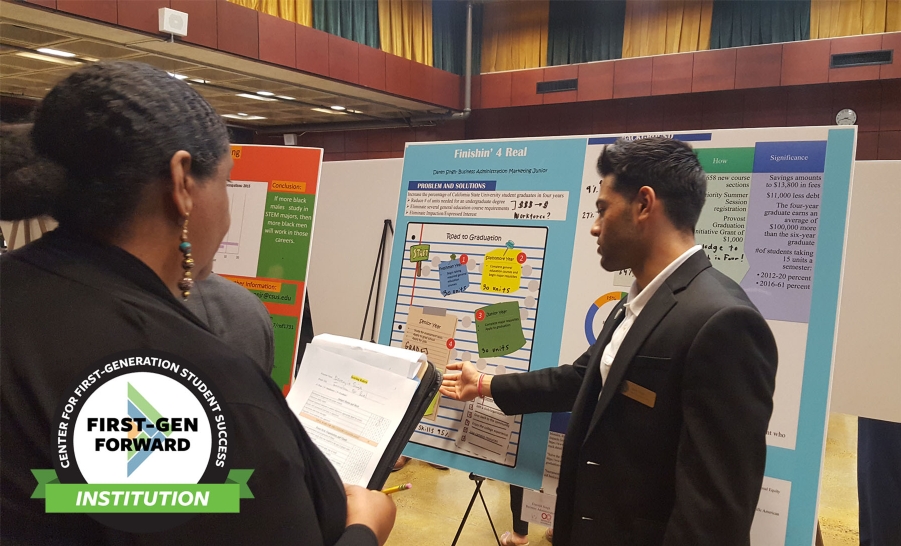
As the world economy continues to change, so will the requisite knowledge, skills, and disposition first-generation college students need to attain and demonstrate that broadly prepare them to transition into the workplace to become first-generation professionals. According to the World Economic Forum (2016), there is an increasing demand for skill sets to be aligned and keep pace with the future workforce. The report listed ten skills workers will need in 2020, with the three top skills being:
- Complex Problem Solving;
- Critical Thinking; and
- Creativity.
Similarly, the National Association of Colleges and Employers (2019) identified seven career-readiness competencies for new college graduates, and the top three are:
- Critical Thinking/Problem Solving;
- Oral/Written Communications; and
- Teamwork/Collaboration.
To better define, measure, and build these career and workforce-readiness skills, the Office of Career, Technical, and Adult Education from the U.S. Department of Education (2013), released an Employability Framework to inform the instruction and assessment of employability skills.
Using the latest literature, combined with a meta-analysis of first-generation college students’ experiences, over 60 first-generation students participated in an experiential learning course at California State University, Sacramento that covered workforce readiness concepts and skills, individual development, and experiential learning experiences that broaden students’ awareness of future possibilities available to them and career paths that align with their interest. As part of their final culminating project, each student identified a problem pertinent to their academic major and/or future profession then formulated a solution to address this problem. More specifically, a problem-solution research project-based learning (PBL) provided the framework for students. This gave them the opportunity to develop, improve, and increase a range of career and workplace-readiness skills and competencies.
74% of students were excelling with their teamwork and interpersonal skills. They built and maintained collaborative relationships to work effectively with others in a team setting through shared responsibility, empathy, and respect.
Through this process, each student created and presented their posters to judges that were from various programs on campus, employers, and community leaders. At the conclusion of all presentations, students received an average score. A scholarship award was offered for 1st, 2nd and 3rd place. Following this process, each student completed a self-assessment, competency area reflection, and course evaluation.
Being involved in the course, 52% of students were excelling with their communication. They were articulating thoughts and expressing ideas effectively using oral, written, and non-verbal communication skills (to instruct, inform, and persuade), as well as listening for meaning to gain understanding. They also demonstrated their ability to deliver information in person and in writing.
Being involved in the course, 52% of students were excelling with their creativity and problem-solving. They were exercising sound reasoning to analyze issues, synthesize information, make decisions, and solve problems. They demonstrated their ability to think critically and strategically to develop original ideas and innovative solutions.
Being involved in the course, 74% of students were excelling with their teamwork and interpersonal skills. They built and maintained collaborative relationships to work effectively with others in a team setting through shared responsibility, empathy, and respect. They demonstrated their ability to manage their emotions and conflict with others while contributing towards a common goal.
For more information on California State University, Sacramento's approach, please visit their website here.
References
Career readiness defined. (2019). NACE. https://www.naceweb.org/career-readiness/competencies/career-readiness-defined/
Employability skills. (2013). Perkins Collaborative Resource Network. https://cte.ed.gov/initiatives/employability-skills-framework
The future of jobs: Employment, skills and workforce strategy for the fourth Industrial Revolution : Global challenge insight report. (2016).
